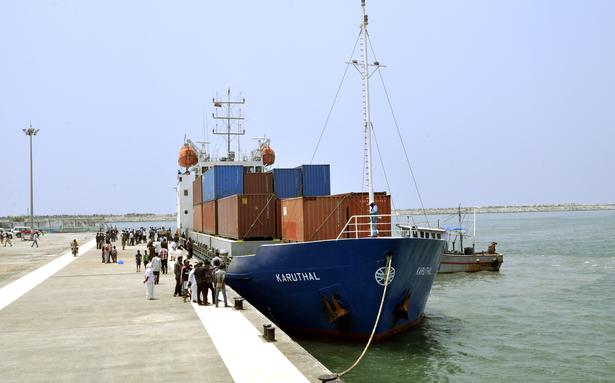India’s market regulator extended the suspension of trading in derivative contracts of key farm commodities by a year as the world’s biggest importer of vegetable oils, and a major producer of wheat and rice, tries to tame food inflation.
The Securities and Exchange Board of India (SEBI) had last year ordered a year-long suspension of futures trading in key farm commodities, a dramatic step since allowing futures trading in 2003.
In a notification issued late on Tuesday, SEBI said the suspension of trading in futures contracts would continue until Dec. 20, 2023, on soybean and its derivatives, crude palm oil, wheat, paddy rice, chickpea, green gram and rapeseed mustard.
The extension surprised the market participants who were expecting trading to resume after annual retail inflation eased in November below the central bank’s upper tolerance level for the first time this year amid a softer rise in food prices.
The industry was eagerly expecting the government to lift the suspension, particularly in commodities such as palm oil and soyoil, where prices follow the movements in global markets, said B.V. Mehta, executive director of The Solvent Extractors’ Association of India.
“The extension to suspension is a setback. Trade and industry will be deprived of hedging and price discovery mechanism for smooth business operation and will be exposed to price volatility,” Mehta said.
India fulfills nearly two-third of its edible oil requirement through the imports.
The rally in vegetable oil prices earlier this year to a record after suspending soyoil and palm oil futures proved that derivatives were not responsible for the price rise, said a Mumbai-based dealer with a global trade house.
“Many vegetable oil refiners and traders lost money in 2022 due to historic volatility in prices. They didn’t have a tool to hedge their risk,” the dealer said.
Malaysian palm oil futures rallied to a record high in March, surpassing 7,200 ringgit ($1,624), after Russia’s invasion of Ukraine triggered a global edible oil shortage. Prices have nearly halved since.
India’s National Commodity And Derivatives Exchange (NCDEX), which derives most of its volume from trading in farm commodities, was the most affected by the government’s decision, followed by the Multi Commodity Exchange. Shares of MCX were down 2.8% on Wednesday.
In 2022, India banned wheat exports and restricted exports of sugar and rice to calm local prices.
Source: Hellenic Shipping News






